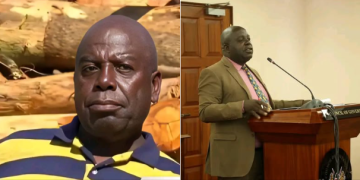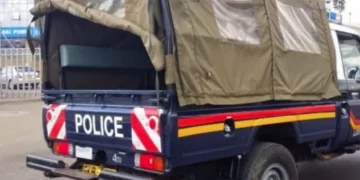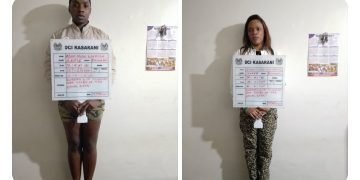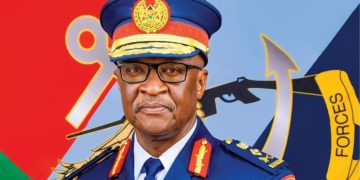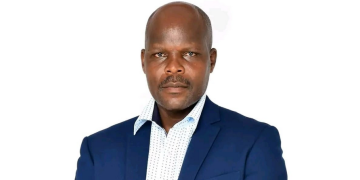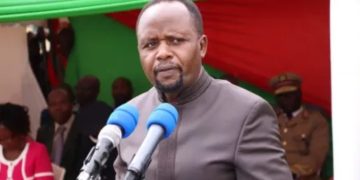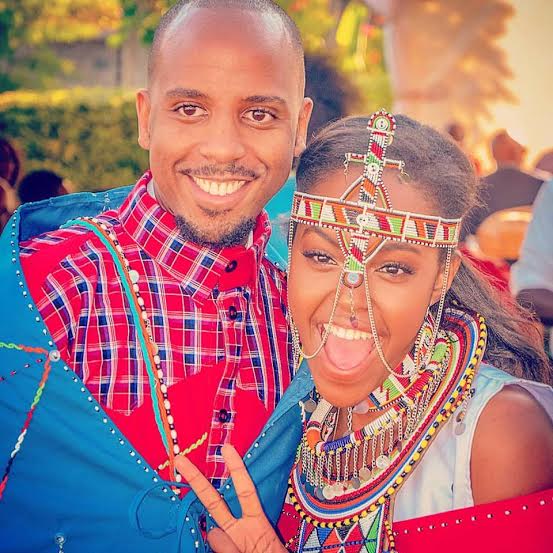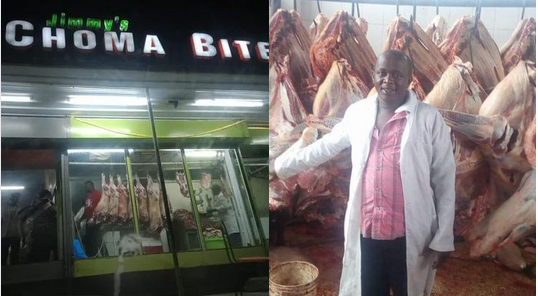Freelance journalist William Munuhe was a shining star and his family’s great hope, but his light was dimmed in the prime of his life.
He was helping police trap and arrest Rwandan genocide fugitive Felicien Kabuga, in a plan orchestrated by the FBI and detectives from the Special Crime Prevention Unit.
But Munuhe was killed on January 14, 2003, the day he was supposed to meet Kabuga. His decomposing body was discovered by detectives in the bedroom of his house.
Here’s the sad story of William Munuhe, as told by Nation’s Joseph Openda:
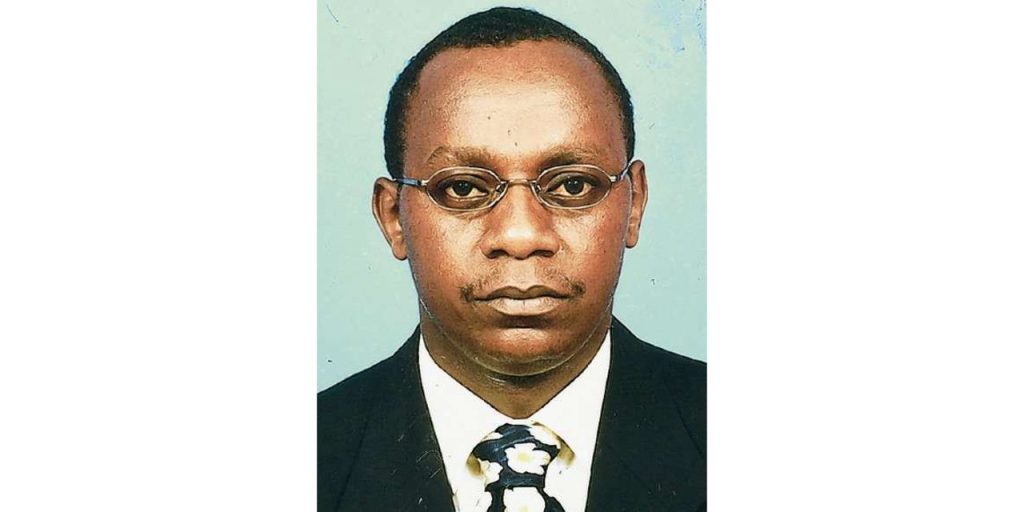
How Sh600 million bounty led Kenyan journalist to his death
When the United States department of state placed a $5 million (Sh600 million) bounty for the capture of Mr Felicien Kabuga, the most wanted suspect behind the 1994 Rwandan genocide, a Kenyan journalist was more than ready to help and make money while at it.
With his eyes fixed on the ultimate price, William Munuhe Gichuki, a freelance journalist, penned a deal with detectives from the Special Crime Prevention Unit and the Federal Bureau of Investigation (FBI) to lure the suspect into their trap.
Coming from a humble background, Munuhe, whose star in journalism was beginning to glow brighter, decided to put his life on the line, hoping to use the reward to turn his family’s fortunes.
However, were it not for the corrupt system that chose to protect the fugitive, who was alleged to be in Kenya in around 2002, his dream would have come true.
In one of the most dangerous missions that he had embarked on, Munuhe failed to deliver the fugitive by a whisker.
On January 14, 2003, the plan to set up the suspect for the police after meeting him in his house was foiled and the suspect ensured he paid the price.
Detectives, who had waited for his signal in vain for three days, broke into his rented apartment, only to find his body lying in a pool of blood in his bedroom.
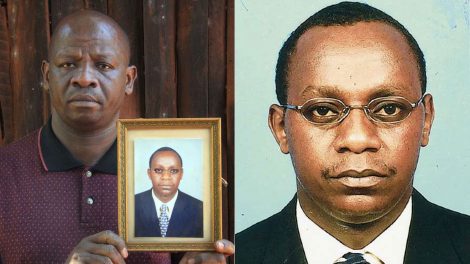
His eyes had been gouged out, with his face disfigured with corrosive acid and there were signs of bullet wounds.
And with his death, his dream of improving his family’s life also went down the drain.
After his death, the US Embassy, in a press statement on February 13, 2003, paid tribute to his family, applauding Munuhe for his courageous acts.
The US acknowledged that Munuhe had volunteered to share information on the whereabouts of Mr Kabuga with the International Criminal Tribunal for Rwanda (ICTR), which was investigating him and other Rwanda genocide suspects.
It claimed that Munuhe had raised concerns about his safety, which prompted the ICTR and embassy staffers to maintain close contact with him.
The statement also explained that the US, through the Reward for Justice programme, would pay individuals who would provide accurate information that could lead to the arrest of the suspect.
“When Mr Kabuga is finally captured, as we are certain he will be, the Rewards for Justice program will make its decisions about the distribution of the reward money,” read the statement.
However, 20 years later the family is still waiting for justice for their son.
His mother Lydia Wangui Gichuki, now approaching 90, is still hoping that the family will be compensated.
According to Ms Wangui, Munuhe, the last-born in the family of five siblings, was a beacon of hope.
She explained that Munuhe was a bright and active child who had a promising future.
“The death of my son has caused me a lot of pain and anguish for many years. While waiting for his compensation, I have also lost my husband and daughter and I am afraid I may also die without seeing my son get justice,” she said.
Born on January 15, 1975 in Muruguru village, Nyeri County, Munuhe attended Muruguru Primary School before joining Mathaitha Secondary School.
It was while at the school that he acquired a passion for writing. His parents could not afford to send him to college, and he immersed himself fully into writing articles.
He was 27 years old when he died.
His mother still lives in the same timber house where he raised all her children.
She regularly visits the grave site on her small farm to mourn Munuhe’s death, which remains an unresolved puzzle.
The long wait for justice had seen his brother Josephat Muriithi file a petition in a Nakuru court seeking to have the fugitive declared dead so that the family could be compensated.
This was before Mr Kabuga was arrested by police in Paris in 2020 after 25 years on the run. He was taken to the International Criminal Court to face charges of crimes against humanity and others.
Mr Muriithi has also visited the embassy at least twice in the push for compensation but was turned away without any assurance that justice would be done.
Even as the trial of Mr Kabuga continues, the family hopes that the US Embassy and the Kenyan authorities will fulfill their promise of compensating them.


